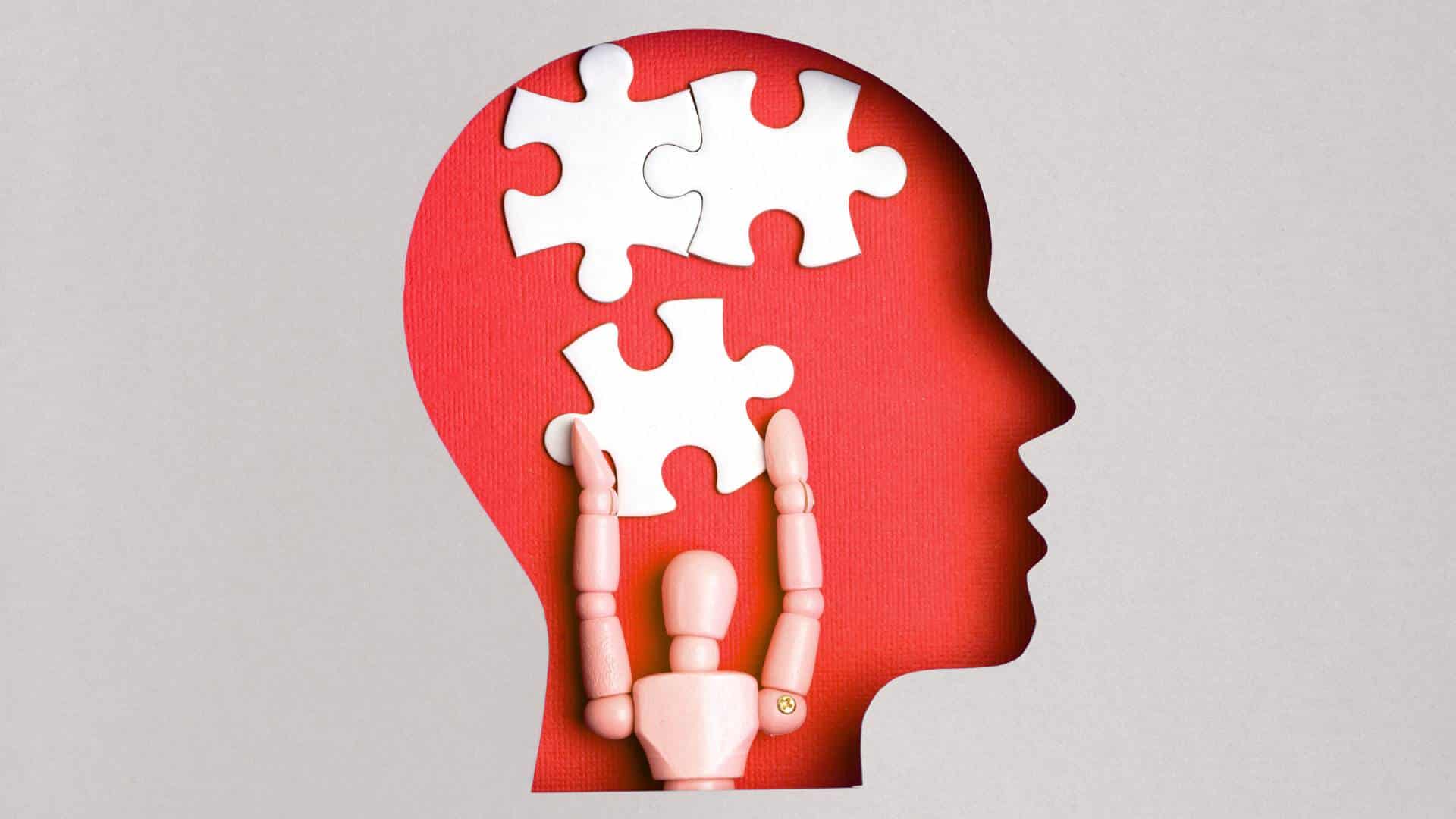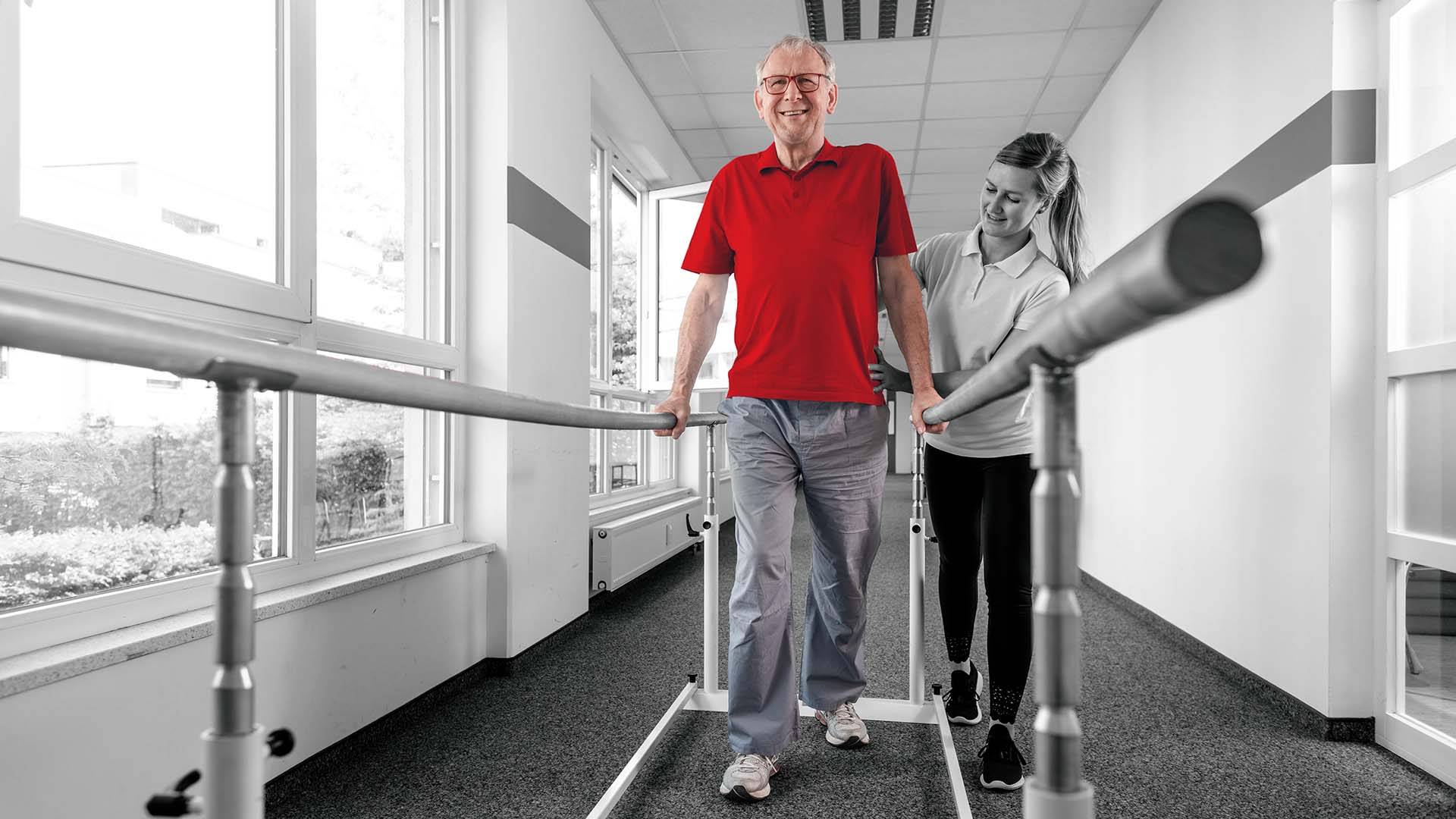When people think of Parkinson’s, they typically picture tremors, stiffness, or changes in movement. But for many living with the disease (and their loved ones), the emotional and cognitive changes can be even more challenging.
Memory lapses, irritability, anxiety, or even subtle personality shifts often appear long before motor symptoms worsen. These experiences are common, and they’re deeply connected to the brain changes caused by PD.
Want to make sure you get the right support? The first step is understanding these experiences.
The Hidden Impact: How Parkinson’s Affects Mood and Thinking
So, how does a disease that’s known for impacting the parts of the brain that control movement also harm cognitive and emotional health? By disrupting the chemical messengers that regulate mood and thinking.
Dopamine (which also has a role in movement) drives motivation and reward. Parkinson’s can cause it to decline, resulting in patients feeling unmotivated or depressed.
Acetylcholine supports memory and focus; its loss contributes to forgetfulness or slower thinking.
Serotonin and norepinephrine influence mood and stress. When they’re imbalanced, anxiety or emotional swings can appear – sometimes even before tremors start.
Bottom line? You can’t always fix a PD patient’s emotional symptoms by treating the motor issues they’re experiencing, because that doesn’t address the chemical changes. To truly improve quality of life for all people living with Parkinson’s, we must pay more attention to mental health.
When Movement Treatment Affects Mood
For some, advanced treatments like Deep Brain Stimulation (DBS) can be life-changing for tremors and stiffness. But because the same brain regions control both movement and emotion, DBS may also affect mood and behavior.
That’s why neurologists often recommend neuropsychological screening before surgery. The goal is not just better movement, but balance across mind, mood, and body.
The Sleep Connection
Poor sleep is one of Parkinson’s most underestimated challenges. Nighttime stiffness, vivid dreams, or medication side effects can lead to chronic insomnia, which in turn tends to worsen mood, focus, and resilience.
Improving sleep (through better routines, relaxation techniques, or medical adjustments) can have a powerful ripple effect on emotional and cognitive well-being.
How Can You Recognize Cognitive Changes?
It’s not as easy as you might imagine, because cognitive changes in Parkinson’s often start subtly. You might notice:
- Trouble planning or multitasking
- Difficulty paying attention
- Challenges with judging distance or navigating spaces
Not everyone experiences severe decline, but for some, these changes can progress into Parkinson’s Disease Dementia (PDD). Early recognition allows families and care teams to adapt, plan, and support independence for as long as possible.
Tools to Help You Manage Emotional and Cognitive Health
As you might imagine, there is no single solution that works for everyone. However, a combination of medical care, therapy, and lifestyle changes can make a meaningful difference.
Medication
For thinking: Drugs like rivastigmine or donepezil can support memory and focus.
For mood: SSRIs and SNRIs (such as sertraline or venlafaxine) can ease anxiety or depression.
For motivation: Certain dopamine agonists may help lift mood, but they must be used with care, as they can cause impulse control issues in some people.
Therapy and Support
Cognitive Behavioral Therapy (CBT) helps reframe negative thoughts and strengthen coping strategies.
Dance and music therapy combine physical activity with joy and connection, often improving both motor control and emotional well-being.
Lifestyle Approaches
Mindfulness and breathing exercises can reduce anxiety and improve sleep.
Exercise, especially rhythmic or aerobic activities like cycling, swimming, or tai chi, supports brain health and emotional balance.
These small, consistent actions can help the brain adapt. This will not only improve symptoms, but also quality of life.
You Don’t Just Have to Accept Cognitive and Emotional Changes
While it’s true that cognitive and emotional changes in Parkinson’s are part of the disease, they are not beyond help. With the right combination of medical treatment, therapy, and self-care, many people find new ways to stay sharp, resilient, and hopeful.
If you or someone you love is navigating these challenges, talk openly with your care team. A neurologist, therapist, and support network working together can make all the difference – because caring for your mind is caring for your whole self.



